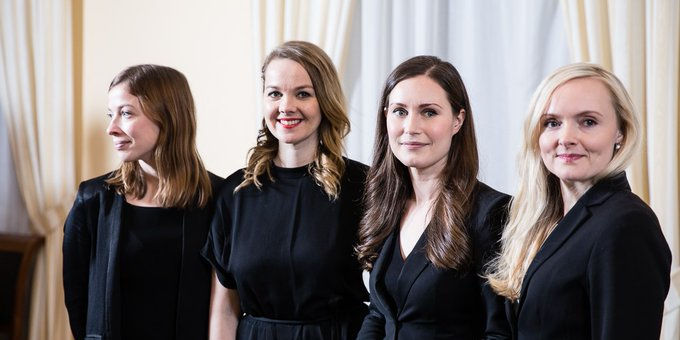

Working with the people
All development is undertaken for the benefit of the people, but to improve quality of life and therefore to engender political and economic stability, people must cooperate to achieve goals. In healthcare, education, domestic entrepreneurship, government, and law enforcement, people must work together to contribute to public goods. All too often this process of cooperation is failing, as principal / agent problems, including corruption in the absence of effective accountability mechanisms (such as courts and regulators), degrade the quality of service delivery.
In such circumstances the development economist may proceed in one of a number of ways. If (s)he deems the problem to be one of want of expertise, then traditional capacity-building techniques may be used; people can be trained. But more often than not, this is not the principal hindrance. Where the society is acting to regulate areas of human activity that can live without regulation, the solution may be abolition - if vested interests can be overcome. In the third alternative, political structures that oversee service delivery may need overhauling, to create efficiency through improved political alignment of public sector workers' incentives.
It is generally difficult to achieve advances in cooperation to achieve public goods without responsive democracy. That is because bureaucracies delivering public functions can easily be captured by state interests. Unless state interests are forced at some juncture to accommodate the public interest, typically through the ballot box, improvements in service delivery will not occur.
Copyright © 2020-2024 Foundation For Development. All rights reserved. Any reproduction of copyrighted materials is prohibited.








